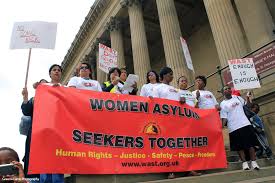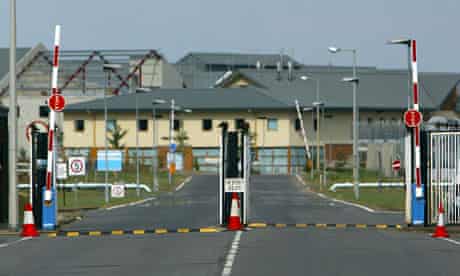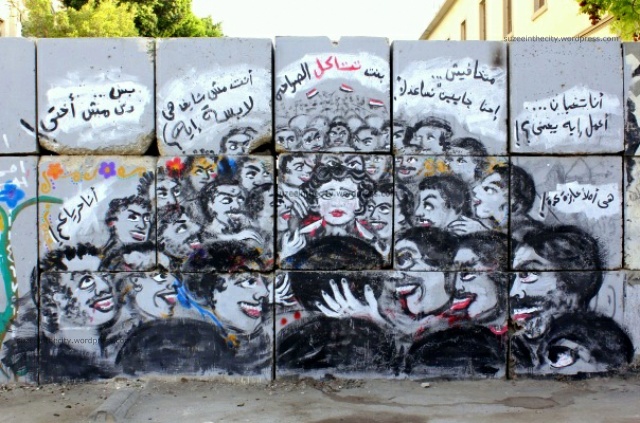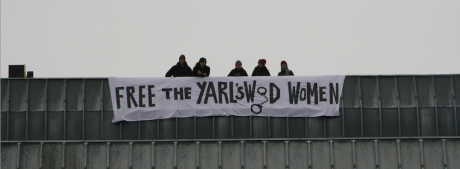
There are two stories concerning Lemlem Hussein Abdu. One is the story of the State. The other is her story.
Here’s the story of the State: are you an elderly disabled woman seeking asylum? If you are, have we got a prison cell for you! But there’s more. Almost immediately after caging you, we’ll send you `home’ to the very people and State that burned your village and killed your family. You’re welcome.
Lemlem Hussein Abdu is a 62-year-old woman living with disabilities, applying for asylum in the United Kingdom. She is, significantly, a resident of Sheffield.
Here is her story, as told on the petition “Lemlem must stay!”:
“Lemlem was born in 1950 in what is now Eritrea. In 1978 her village was burned down and her entire family was murdered during an attack by Ethiopian forces. Her family and neighbours were targeted due to their support for the Eritrean Liberation Front (ELF), which was fighting for independence from Ethiopia.
Lemlem fled to Sudan and then subsequently to Saudia Arabia, where she obtained a position as a domestic worker. In 2000, Lemlem’s employers visited the UK and took her with them. Lemlem had a fall and injured herself when looking after the family’s children and has never fully recovered. Her employers stopped paying her wages as she could no longer carry out some heavy physical tasks. Then, in 2007, on a subsequent visit to the UK, the family abandoned her, with no money and no identification.
Lemlem is unable to return to Eritrea due to her affiliation with the ELF, which is persecuted by the government there. The United Nations has called on all countries to cease returns of asylum seekers to Eritrea due to the severe human rights abuses that have been committed against returnees.
Lemlem claimed asylum but has been refused. She is not allowed to work and receives no support, so has to rely on short-term help from a local charity, help which is now running out.
Despite her difficult position, Lemlem has a positive outlook. She is working hard to improve her English and is an active and well-loved member of her local community in Sheffield.
The Home Office is currently planning to deport Lemlem to Ethiopia. This is despite the fact that she has never lived in Ethiopia and has no contacts there. Her age and disability (a very bad limp and eyesight problems) mean that she would be unable to obtain work and support herself in a new country. She would have no means of earning a living and no support whatsoever in Ethiopia and the language spoken is not her first language. Lemlem is furthermore a member of the ELF, which Ethiopia has been at war with.”
Last Tuesday, Lemlem went to initiate new asylum proceedings. She was immediately rejected and transported to Yarl’s Wood. She was told to prepare for a flight Sunday night to Ethiopia.
Sheffield is a City of Sanctuary, the first such city in the United Kingdom. When Lemlem was carted off, the people of Sheffield – Lemlem’s friends, neighbors, supporters and also those who hadn’t known her previously – organized, protested, marched, and obtained a bit of a reprieve. Today, Tuesday, there’s a meeting with the Home Office.
As Gina Clayton, a trustee of Sheffield’s City of Sanctuary, put it, “Lemlem is absolutely terrified to the core of being taken to Ethiopia. She has no family and no connections in that culture and no physical ability to work. She doesn’t speak the language and she probably would be reduced to begging. The chances are she would simply die of starvation.”
Absolutely terrified to the core. That is the sum total of an asylum policy that sees prison and deportation as the normative response to vulnerability and pleas for assistance. A policy that places so-called national security over human needs fills the human heart with absolute terror.
(Photo Credit: https://sheffieldrasag.wordpress.com)







